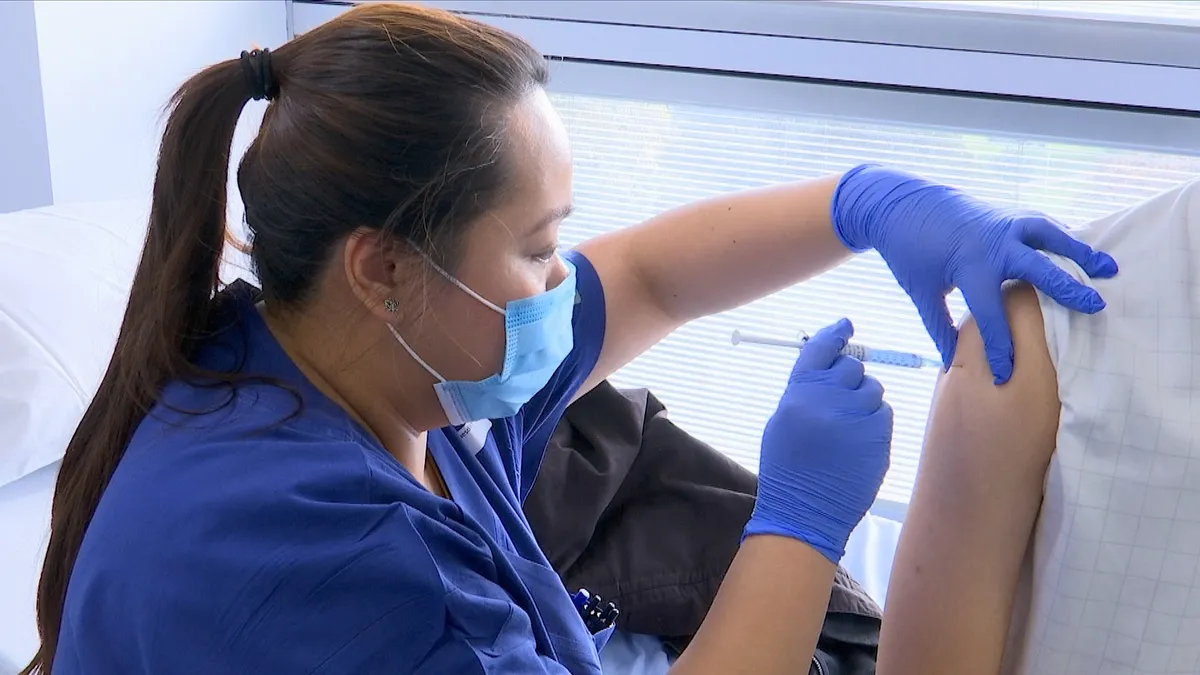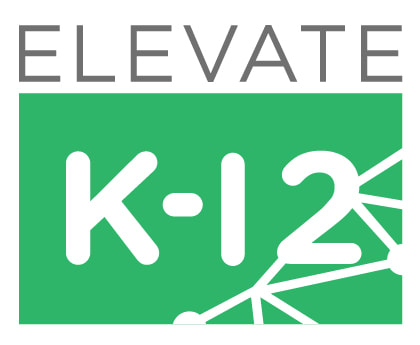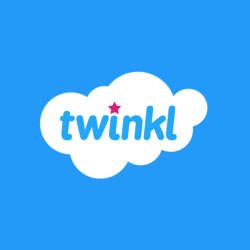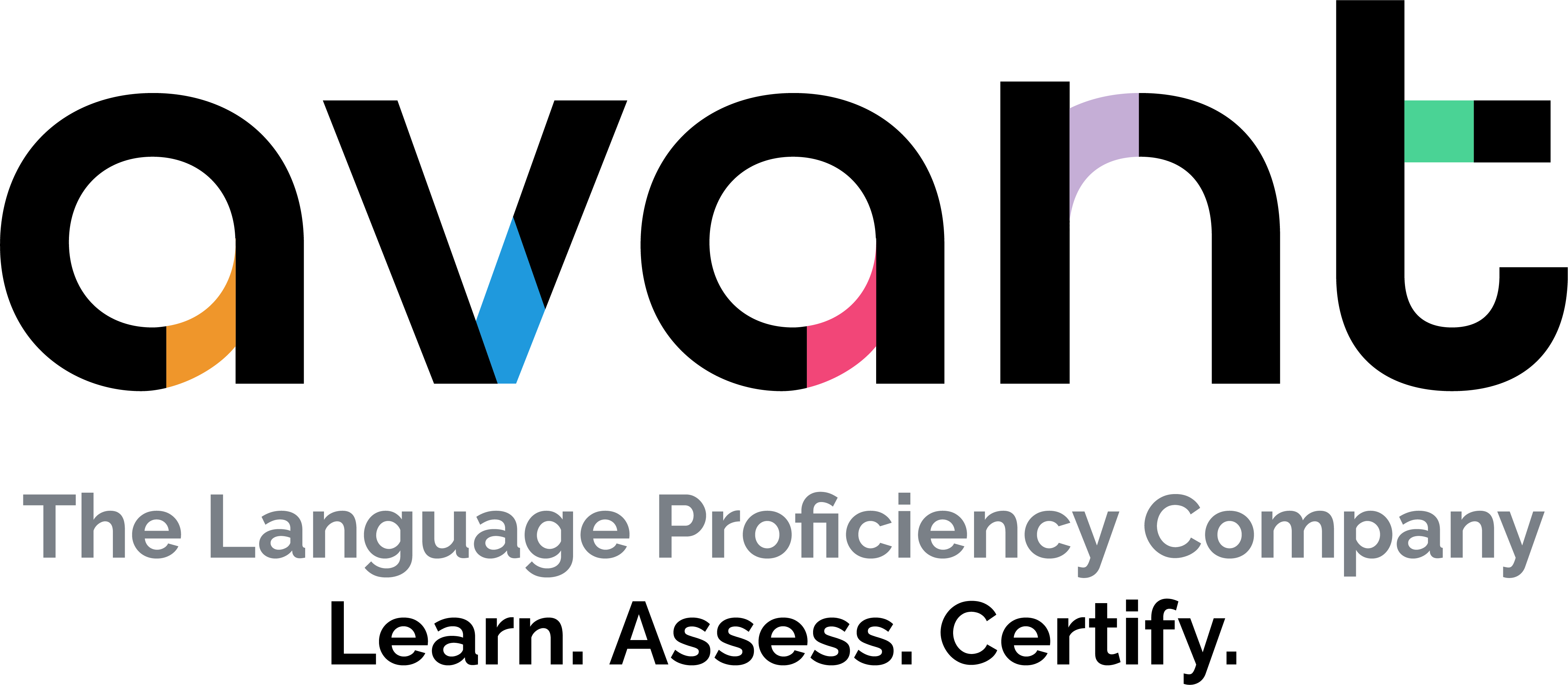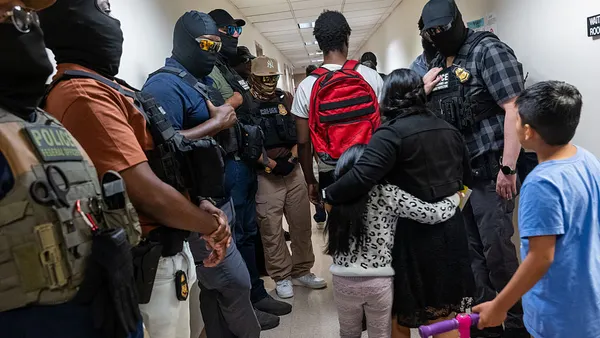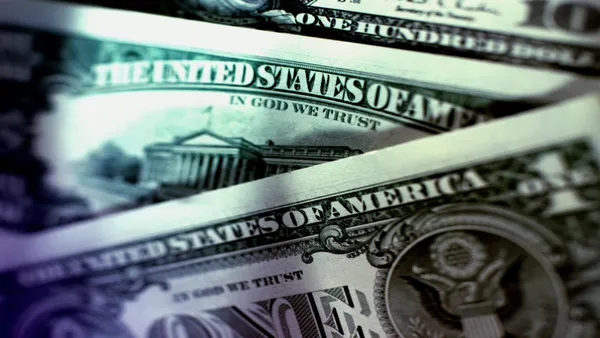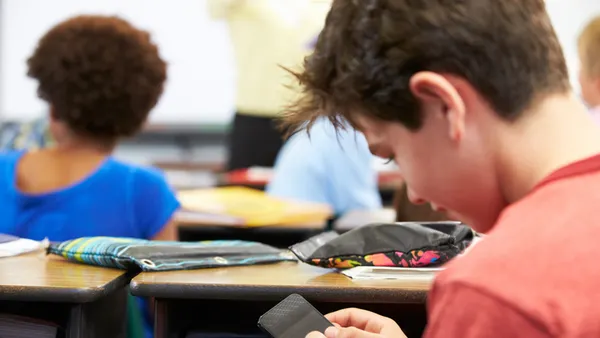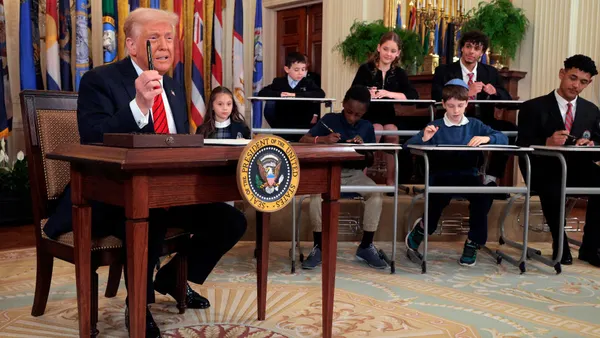Dive Brief:
- In a survey by the National Parents Union, 60% of parents overall said they would let their child receive a vaccine for COVID-19, while 25% said they would not, and 15% reported they are unsure.
- Parents with higher household incomes would be slightly more likely to allow their K-12 student to receive a coronavirus vaccine, the December survey found. Meanwhile, 75% of those surveyed who are Democrats said they would allow their child to be vaccinated, compared to 56% of those who are Republicans.
- When asked what it would take for parents to send their children back to in-person learning, 50% said they won’t sent them back until a COVID-19 vaccine is available to the public. (Two vaccines were authorized for emergency use in adults after the survey was conducted.) In addition, 46% said schools must require anyone exposed to someone who tested positive to stay home for 14 days, and 44% said schools need to limit the number of students in common areas and maintain social distancing.
Dive Insight:
As of Jan. 2, more than 4.2 million Americans — mostly healthcare workers and the elderly — had received their first dose of a COVID-19 vaccine, but questions around who should be required to get the vaccine are under debate.
Early in the development of the vaccines, many Americans also expressed concerns over the speed of production. In a August/September national poll from the Kaiser Family Foundation, 63% of respondents said they would be willing to be inoculated with the rapidly developed vaccines. The November/December version of the poll, on the other hand, showed the number of those willing to be vaccinated rose to 71%.
Don Domenech, executive director of AASA, The School Superintendents Association, told K-12 Dive he expects districts to mandate the COVID-19 vaccine, but that the decision will likely be legally challenged in some areas.
The percentage of students starting school with vaccine exemptions has grown slightly over the past few years. According to the National Conference of State Legislatures, while all 50 states have legislation requiring student vaccinations, 45 states and the District of Columbia grant religious exemptions for vaccines, along with some variations. Fifteen states allow for exemptions based on moral or personal beliefs. Only Maine, New York, West Virginia and California don’t allow for religious, personal or other nonmedical exemptions.
A coronavirus vaccine authorized for children most likely won’t be available during the 2020-21 school year, but when it's available, schools may participate in distribution. Historically, schools have played a significant role in vaccinating students during epidemics. With this pandemic, however, schools are up against logistical issues and lack of public trust. Plus, fewer than 40% of schools nationwide have a full-time nurse on staff.


